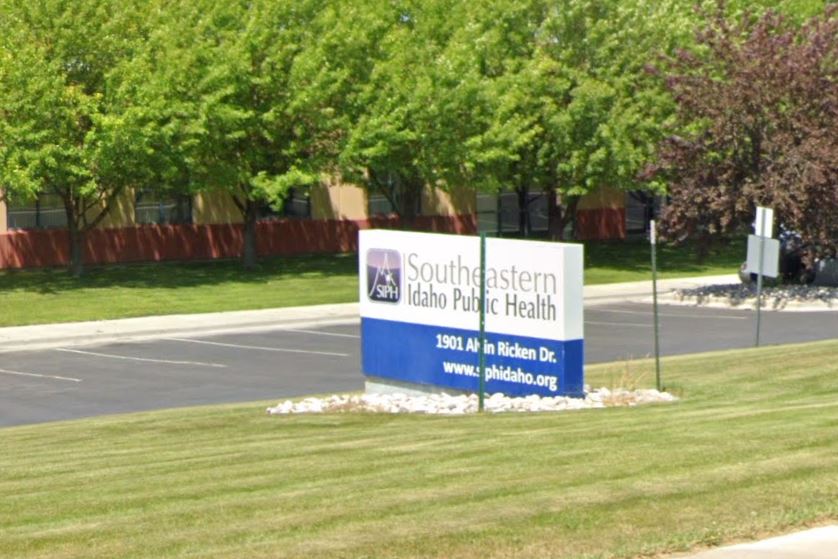High risk people urged to make plans

POCATELLO, Idaho (KIFI/KIDK) - Southeastern Idaho Public Health (SEIPH) is encouraging people over the age of 60 to start making plans.
The health district says that age group is at higher risk for more serious complications and poorer outcomes related to the novel coronavirus-2019. And, officials say it's important to make a plan ahead of time, in case you do get sick.
The district is recommending the following steps:
• If you get sick, know who will take care of you.
• Ask for a buddy. Have this person help you by going to the grocery stores, getting medications, etc.).
• Seek help if you do become sick. Again, ask your buddy to get your essential items for you.
• Stay in touch with others by phone or email.
• Create an emergency contact list.
• Write a list of daily medications you take, how much you take, and when you take them.
• Talk to your healthcare provider about getting extra medications to have on hand.
• Consider using mail order if you can't pick up medications.
• Be sure to have over the counter medicine and medical supplies to treat fever and other symptoms.
• Pay attention to what is happening locally by visiting the SEIPH website or by calling 208.234.5875.
www.siphidaho.org
• Stay home as much as possible. Utilize special hours of operation at local grocery stores for at-risk populations.
The symptoms for COVID-19 include fever, cough, and shortness of breath. If you feel sick contact your health care provider to discuss your concerns. If you must seek medical attention, call your provider first and they will provide guidance for your visit.
Remember, there are ways to disrupt spread of the virus:
• Washing your hands often with soap and water for at least 20 seconds. If soap and water are unavailable, use an alcohol-based hand sanitizer.
• Avoiding touching your eyes, nose, and mouth with unwashed hands.
• Practicing social distancing (at least 6 ft between you and other people)
• Avoiding close contact with people who are sick.
• Staying home when you are sick.
• Coughing or sneezing into your elbow or use a tissue to cover it, then throwing the tissue in the trash.
• Cleaning and disinfecting frequently touched objects and surfaces.
